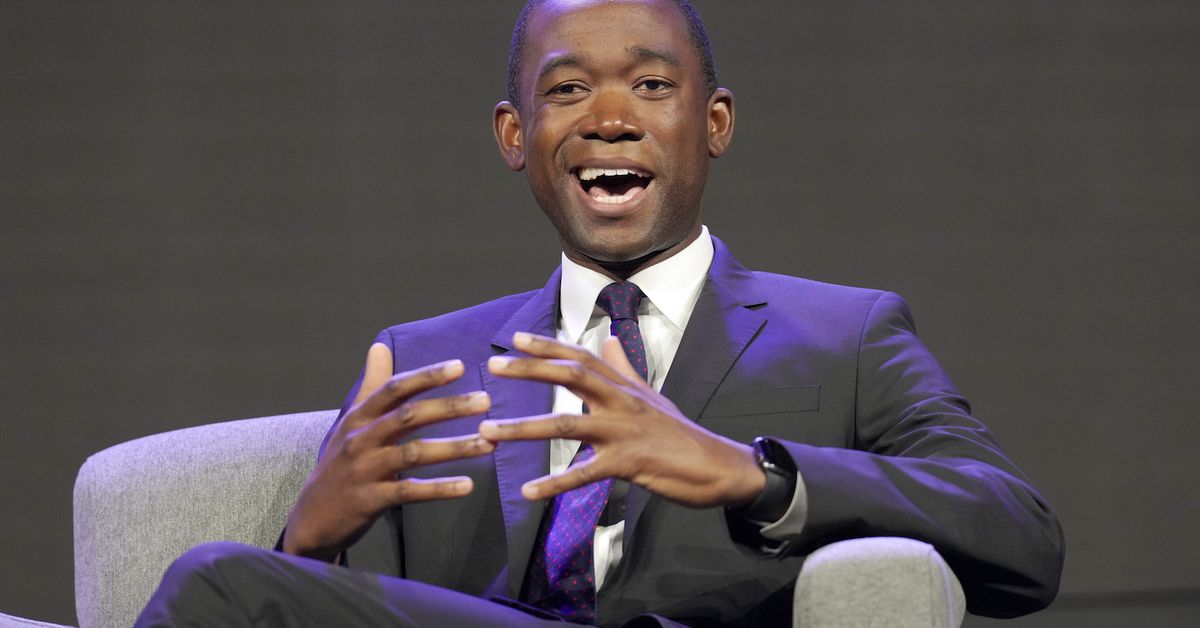Unhosted Crypto Wallet Rules Will Allow Innovation, US Treasury Official Vows

AUSTIN, Texas — The U.S. Treasury Department is once again looking at a controversial proposal to identify who controls unhosted cryptocurrency wallets, but attendees at Consensus 2022 were promised the measure would allow space for innovations that help fight financial crime.
Wally Adeyemo, deputy secretary of the Treasury, said that storing crypto anonymously outside of regulated venues allowed people to bypass sanctions and anti-money laundering (AML) checks.
“We're working to address the unique risks associated with unhosted wallets,” Adeyemo said during an onstage interview Friday, warning that current arrangements allow inadvertent transactions with criminals or sanctioned individuals.
Read more: Joe Biden’s Crypto Executive Order Is a Symbol
“Unhosted wallets are effectively just addresses on a blockchain,” he added. “It can be difficult to determine who really owns and controls them, creating opportunities to abuse this heightened anonymity.”
Enforcing "know-your-customer" (KYC) identity checks on the owners of private wallets was first proposed by then-Treasury Secretary Steven Mnuchin back in 2020, but the proposal has been repeatedly postponed under the Biden administration – while parallel moves in the European Union have raised hackles in the industry for crimping innovation and privacy.
"I understand and respect the need for and the desire for privacy, but we need to make sure that we're also in a place where we're not creating avenues where those who want to move funds illicitly are able to use digital assets more than traditional assets," Adeyemo said.
The idea that crypto payments could evade sanctions placed on Russia for its invasion of Ukraine has only heightened the stakes, but officials are promising to work with the sector, not against it.
Read more: The Unhosted Crypto Wallet Rule Is Back
“The only way that we can stop illicit actors from operating … [is] in partnership with investors and with innovators,” Adeyemo said, vowing to ensure that “responsible actors in the space are the partners of government, rather than working in opposition to us, or feeling as if our rules don't give you the room to innovate in a way that helps us solve these problems.”
He gave few clues about how that might work, saying, “I'm not gonna get ahead of our rule-making process,” but promised it would be flexible enough to work with an industry that changes from year to year.
“We have not seen that crypto has been the main avenue of evasion” of Russian sanctions, he said. “But where we do see it, we're going to go after it.”
